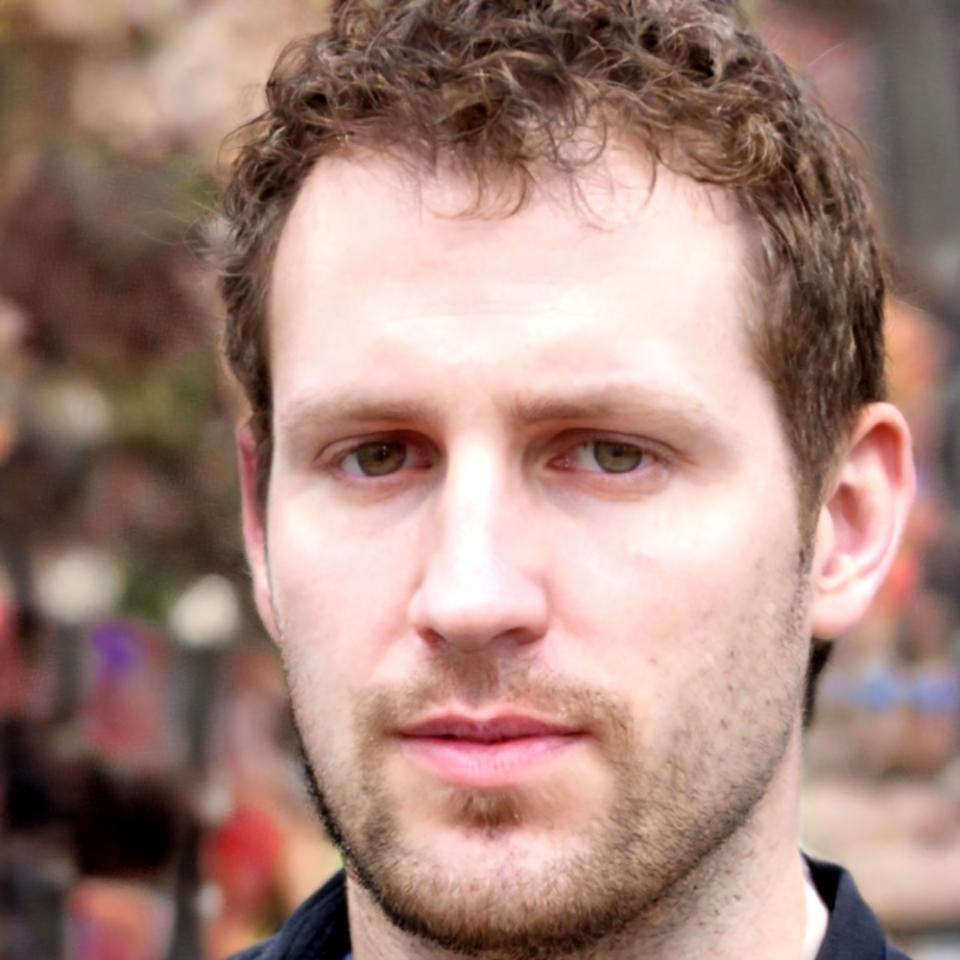Our Actual Process
We're not going to promise revolutionary methods. What we do is pretty straightforward—we just do it with specific franchise knowledge that most financial advisors don't have.
When someone comes to us, we start by looking at their specific franchise network. What are the typical margins? How do high-performing locations in that system actually operate? What seasonal patterns should they expect? Then we build financial models based on realistic scenarios, not the optimistic projections in the franchise brochure.
- Territory analysis using actual franchise network data, not industry averages
- Cash flow modeling that accounts for franchise-specific fee structures
- Ongoing support that adapts as the franchise relationship develops
- Clear explanations without the jargon that makes most financial advice unhelpful



